Fear Can Fuel Transformation
Most of us think of fear as a negative emotion; something we should try to avoid. Some fear drives negative behaviors and clouds our reasoning. But, fear is also an emotionally influenced response to danger or threat and it motivates us to mitigate the danger or the threat that we see coming. Logical fear can actually fuel transformation that can help us along the way, especially in preparedness.
Fear Can Fuel Transformation
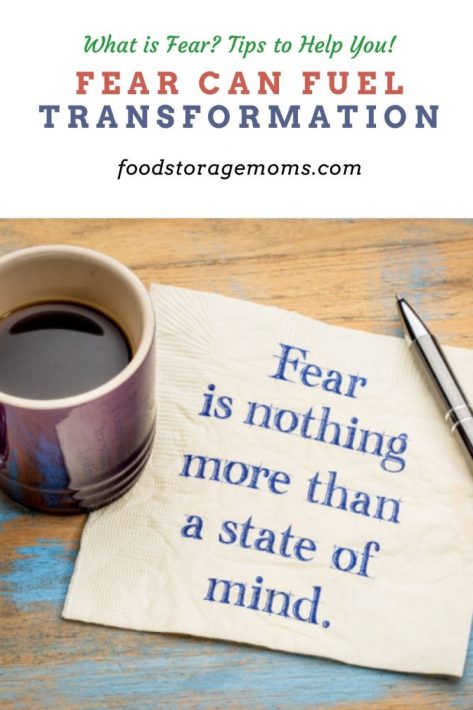
What is Fear?
Fear can be experienced due to all kinds of circumstances. At its most basic level, fear is categorized into two types: survival fear and irrational fear.
#1 Survival Fear
When you approach the edge of a cliff or face a predator and you feel fear, that is a survival fear. Survival fear is the fear you feel when you know your life is in danger, whether it be today, tomorrow, or a few months from now.
#2 Irrational Fear
Irrational fear is the fear that something bad will happen with absolutely no evidence that it will. For example, you have a dream that you will be in grave danger at work. You may have a little intuition and need to be cautious, but it’s completely irrational to just quit your job over fear from a dream.
Fears can be myriad, but most often they are steeped in irrational thoughts. Fear can have you believe things that prevent you from living life to the fullest. The challenge when faced with fear is learning how to identify the type of fear you are experiencing. This means you face the fear and get to know it!
Elements of Fear
We all react to fear in different ways. Thus, behaviors will vary when our fear response is triggered. There are three common elements of fear:
- Perception of danger: When we see, hear, or become aware of danger or a threat, it triggers a response.
- Seriousness of engagement: We determine how serious the threat or danger is. Is it a risk to our survival?
- Presence: Then, we need to know how imminent the danger is. Will it happen in seconds, months or years.
Obviously, the higher the seriousness or presence is, the higher the level of fear we will have. The higher level of fear we have, the more motivated we are to act in some way to mitigate, or get rid of, the fear.
How Do We Mitigate Fear?
Each of us reacts differently to fear. When we are fearful, we tend to be on edge and have anxiety. Thus, we want to mitigate the fear to feel calm again. Because fear is viewed as a negative emotion, many of us develop coping mechanisms such as denial and avoidance. Here are a few responses that people use to try to mitigate fear:
- Lash out in anger.
- Avoid the situation that makes us fearful.
- Deny the fear exists.
- Do something to prevent you from feeling fearful.
- Take medications to help with the anxiety.
Most of us think of fear as a negative emotion because a lot of us respond in a negative way when trying to mitigate our fear. We don’t like the feeling, so we try to get rid of it in any way possible. The truth is that we have to learn to use fear to fuel transformation.
How to Identify Fear?
As stated above, to determine if your fears are rational or irrational, you must face your fears. We must look at the element prompting the fear. Are we in imminent danger? If not, will we be in danger of surviving at some point? As preppers, our fear is usually rational, but when we see things on social media or hear things from other people, we may have irrational fears. The best way we can mitigate our fear is to use it to face the fear head-on and identify where it came from. If you aren’t sure if your fear is rational or irrational, here are some steps you can take to figure it out:
Familiarize Yourself with It
Take out a piece of paper and write down the fears you are having, you may have more than one. For example, you may be afraid of the political environment. Write down exactly what you are afraid of. For example, if you are afraid the government will force you to do something against your will, write that down. Once you know what your fear is, you can begin to break down whether it’s rational or irrational.
Determine Where It Came From
For each fear ask yourself the following questions:
- Where does this fear come from?
- Did someone tell me this?
- Why am I afraid of this?
- How will this situation or fear affect me personally?
Reframe Your It
Once you know what fear you have and where it came from, it’s important to try to look at it in a different light. Fear is a reaction that you get to protect you from danger, so try reframing your fear to see if it’s actually a danger. Ask yourself the following questions for each fear:
- Am I in danger? (typically the answer is no, or at least not imminent danger).
- What will that danger look like if I am? Is it death, poverty, hardship, or something else?
- What is this fear trying to tell me?
- Are there outcomes that could be positive? What if what I am afraid of doesn’t happen…what would be the ideal outcome?
- Could this fear actually have a positive impact on my life even if I am afraid for it to happen?
- What is the worst thing or circumstance that could happen?
- Is there evidence or proof that it could happen?
- How do I know this evidence is true? Have I fully researched all aspects? (if no do so)
Reframing the fear and learning more about it could make you realize that maybe you aren’t in that much danger and it’s really not something to freak out about. Or, it could make you realize it’s a rational fear and protective steps do need to be taken.
Identify Your Fear
If you have found that the evidence for your fear is not sound, that you really aren’t in danger of surviving, or that what you are afraid of probably won’t happen, it is probably an irrational fear. However, if your fear could hinder your survival imminently or in the near future, it is a rational fear. If you are in danger, it is a rational fear. Once you have asked all the questions, go back to your fears and label them irrational or rational.
Using Fear to Fuel Transformation
Once you have identified your fears, you can use your fear to transform your life and motivate you to positive changes. For example, if you are afraid to apply for that job because you don’t think you qualify, that’s an irrational fear. Face it, and apply for that job. However, if you have a rational fear, it’s time to take action!
For preppers, our fears include natural disasters, global pandemics, job loss, or situations that would make it difficult to provide for our family which is essential to our survival and the survival of our family. These are rational fears because natural disasters happen, we just had a pandemic, and we never know when a company will be forced to lay people off. These are all threats to our survival. However, they are NOT imminent danger situations! So, do we sit around freaking out all day?? Do we attack friends and family that don’t agree with us?? Do we become paralyzed with fear?? Do we keep thinking about the “what ifs”?
NO!!!!
Instead, we use that fear to fuel transformation in our lives and the lives of people around us. We educate ourselves and others about how to take care of themselves if something were to happen. We take action! As preppers we prepare for the worst and hope for the best. Fear does not paralyze us, it drives us and motivates us to be prepared for survival.
How Can We Use Fear to Prepare?
If you are afraid we won’t be able to get into a store to buy food for one reason or another, prepare! If you are afraid that long term power outages could happen, prepare! If you aren’t sure how to prepare, here are a few posts to get you started:
- Fear of medications running out: 30 Items You Need to Survive a Pandemic
- Fear of not being allowed to go to the grocery store due to government control: 30 Pioneer Skills We Cannot Lose
- The Fear of power grid failure: Power Grid Failure What You Will Need
- Fear of Natural Disasters: Natural Disaster Preparedness Tips
- Fear of an Emergency: 25 Emergency Items You Need
Final Thoughts
Never let fear drive you to inaction. You don’t have to sit back and be in denial, but you also don’t have to constantly be afraid of what could happen. Instead, use that fear to prepare your family and home for survival. Please keep prepping, we must. May God Bless this world, Linda
Copyright Images: Fear AdobeStock_184742408 by MarekPhotoDesign.com

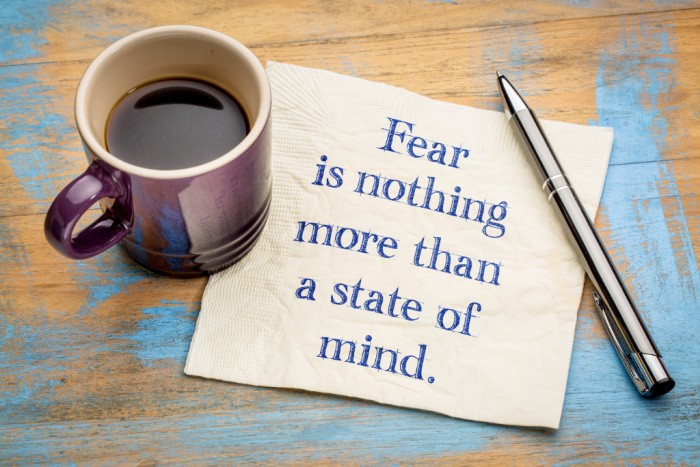

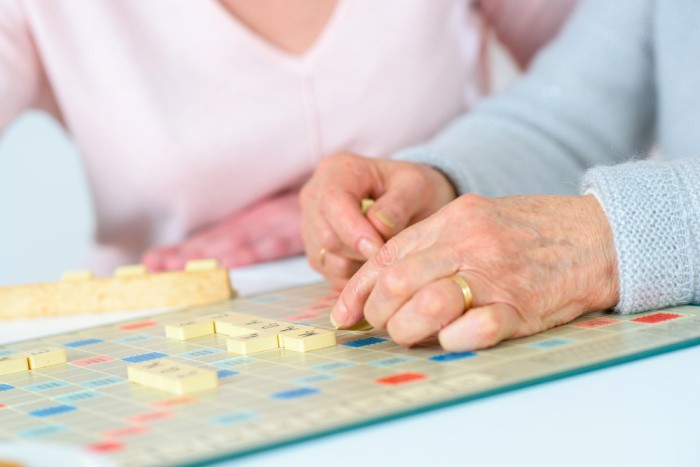
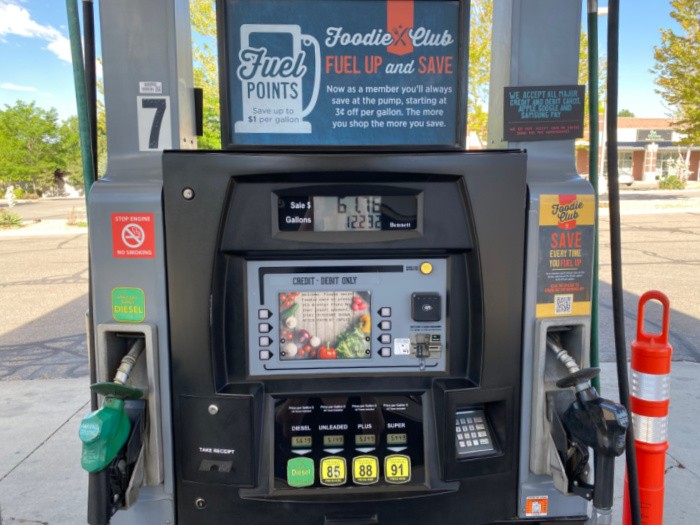




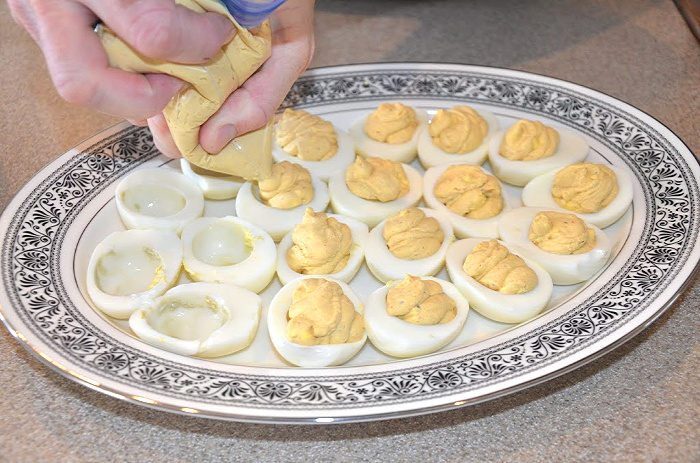




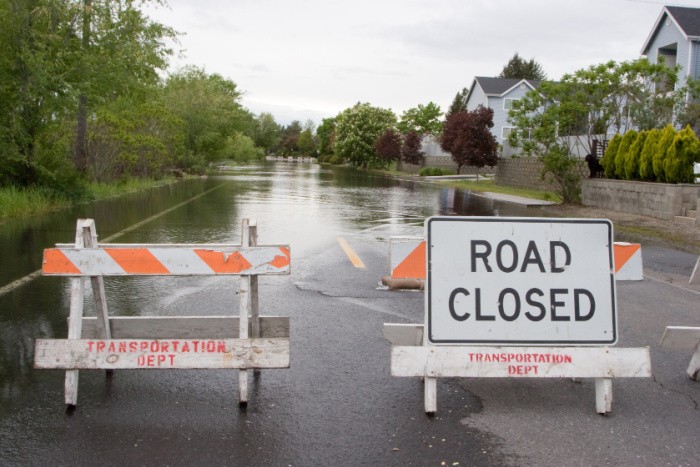

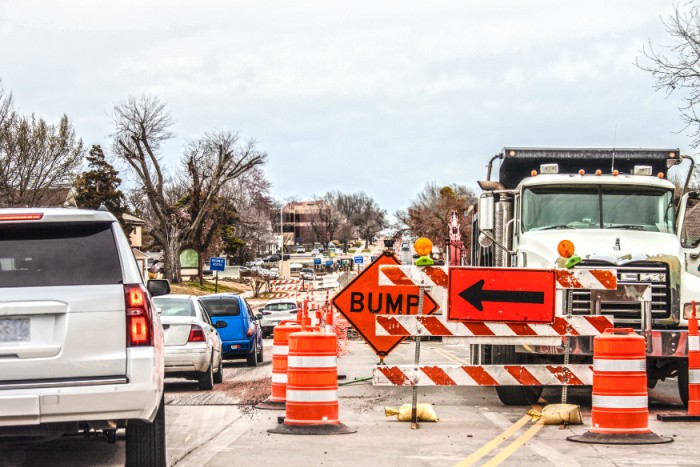


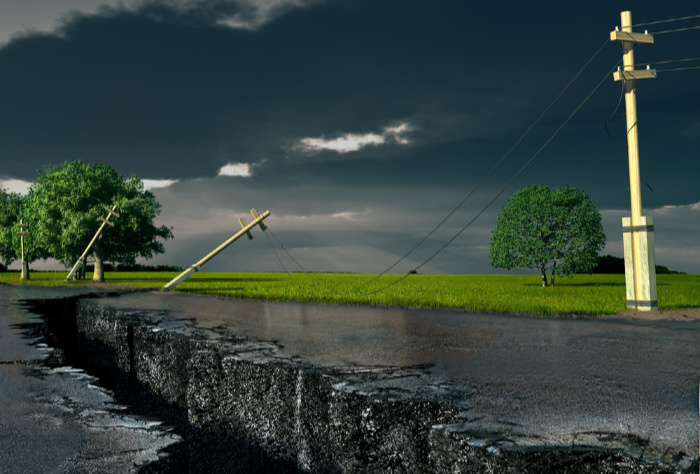
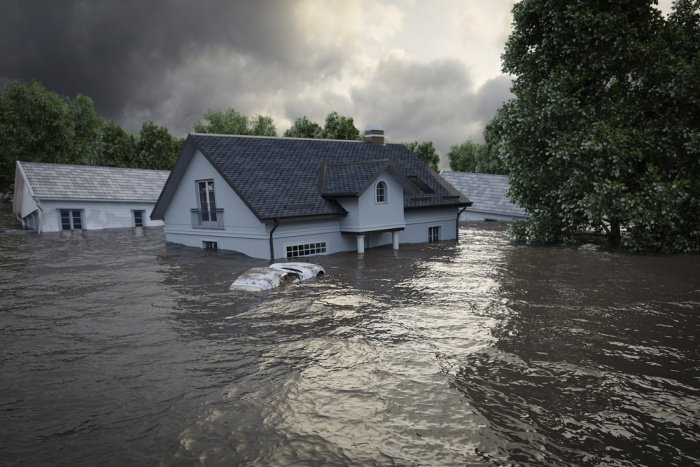


There’s more than enough ambiguity and fear floating on the airwaves. Marshal McClunnen said way back in the ’60s when he said,” TV is not like a salesman with a foot in your door. It’s like a salesman with a foot in your brain.” Turn the airwaves off. Chatting honestly with others is a pressure relief valve. So is quietly reviewing the old normal. I recall my parents’ caution during the brief period McCarthyism perpetrated fear. Many people evidently feared they would become targets of slander, regardless of whether they were big fish or minnows in the pond. The behaviors in a flock of sheep are something worth studying. I think King David’s experience served him well as a ruler. When you watch sheep dogs manipulate a herd, it becomes a metaphor for what the world is going through now: We might get bit! Ouch! But 15 pounds of astute dog, using fear, can push hundreds of sheep into a place they’d rather not go.
Hi Dave, I LOVE LOVE LOVE your comment today. I totally agree with you on “TV is like a salesman with a foot in your brain”. It’s crazy, during all this election stuff and COVID stuff, I had to turn off the TV, it was too much anger, hate, and fear. We really need more chatting with others because it is indeed a pressure relief valve. I like that, Dave. GREAT COMMENT, Linda
Linda, I have another idea for a needed aspect for our strangely different world. Tried to send it via email this morning but it got returned. Can you send me a working email for you? Thanks.
No point in posting this, IMO. Just need a contact. Wordpress wouldn’t accept my mail.
Hi Dave, WHAT?? Dang! Please try this one, foodstoragemoms@yahoo.com
Linda
I can only think of three things I fear. Losing my husband is number one. Drowning is number two and heights is number three. The first two, I understand. Heights, I don’t. When I was a child, I would climb higher in the trees than boys did. And I wasn’t afraid then.
Hi Deborah, I wonder if the older we get we fear heights, for instance, I don’t know. I love hearing you could climb higher than the boys did as a child. I can’t wait until we can get back to seeing others more often. I won’t use the word, “the new normal”. Fear brings on sadness and depression sometimes. We need to lift one another up over lunch! Being alone is not good for anyone. Stay safe, Linda
Hi Linda! I was fearless as a child. LOL Not so much now. I wish we could all go back to how it was when you and I were children. When children played outside and parents weren’t worried that someone would come along and snatch them. Less television and hand held electronics were a thing of the future. We played outside until dark. I can remember not having to lock your doors when you left or at night. These days, it’s not safe to let your children out of your sight.
HI Deborah, I know it’s not safe to let our kids or grandkids out of our sight. There are too many weirdos and perverts out there. I remember walking to school ALONE on a busy street because my single mom worked. Looking back now, yikes! Things have changed for sure! Linda
My biggest fear is FOMO….fear of missing out.
My daughter told me that on Modern Marvels that she heard that the average American eats 22 lbs of candy a year. She did the math and said we didn’t have enough candy stored. LOL Of course, candy is in our preps but we didn’t store 22 lbs per person. Oh my. I don’t want to miss out, so I better get some more candy.
Hi Debbie, WAIT!!! We need 22 pounds of candy per person. Oh, my gosh, I LOVE this!! I need to get some after St. Patrick’s Day candy and after Easter candy stocked up. It’s a good thing we now know we need at least 22 pounds of candy!! I don’t want to miss out on this either! FOMO on candy is so important! LOL! I LOVE this comment! Now, I need to get more chocolate. Now, I have the giggles thinking about what candy I will get. Linda
My daughter once asked me if I knew what February 14th was. And I said, well, that’s Valentine’s Day, and she said, no. It’s Discount Chocolate Eve.
22 lbs for every person is a LOT of candy for our family. And it was an easy thing to forget when focusing on nutrition…but no one wants to do without treats. Chocolate does have a use by date…in time the fat separates, so you have to keep restocking it (and eating it) or store other kinds of candy…or freeze it. By the way, if the fat does separate, it still tastes good beyond the date, just it isn’t as pretty. It gets a whitish looking film over the top…that’s the fat separation.
Hi Debbie, I LOVE it! It’s Discount Chocolate Eve!! The candies I look for are the colored M & M’s and the Peanut M & M’s. I eat the Peanut M & M’s within a year. I use my FoodSaver to remove the air and seal them, with no oxygen absorbers. I know people use oxygen absorbers, I do not. Anything with nuts will go rancid quickly so we eat those first, thus 22 pounds of candy a year! Oh my gosh, this will be my motto going forward! Please store 22 pounds of candy per year per person. Yep, we know how to do food storage, Debbie! That must be why my chocolate chips have the whitish film. LOL! I learn something every single day. I love it! Linda
Excellent article Linda. Thank you!
Hi Carol, oh you are so nice. Thank you so much! Life is wonderful with people like you! Linda
I read this a few months ago and it’s been running around in my head ever since. It says our fears can be overblown and our trust misplaced. Worth a bit of pondering. And too creepy not to share, eh?
“The sheep spends its entire life being afraid of the wolf. But, in the end, it’s the shepherd who kills the sheep and eats it.”
My favorite that I always say is that change requires discomfort.
Fear is discomfort and can initiate change. But as with all things moderation and control.
Hi Matt, oh I like that. Change requires discomfort, wow! I love it! Linda
Hi Ron, oh my gosh, I LOVE this! It’s so true! It’s worth pondering over for sure, thank you! Linda
I think back to pre-Y2K! I was in a group of women who really worried/feared what was going to happen when the clocks turned and the year 2000 hit! I didn’t fear this as much as the other women in the group. One woman had her living room made into a LARGE store room for all of the groceries she was going to store for the “event”! She had her husband build shelves and went to work filling this fairly large living room made store room. Five years after it didn’t happen, they were still living on stored food (and perhaps much longer than 5 years)! They have a year round creek running through their property and they even stored a hand pump so they would have water. She was really very concerned about how my daughter and I would survive though. I stored some food/water and such but didn’t get into the prepping nearly as deeply as the other women in the group mostly due to lack of funds.
I also think that reasonable fear can spur us on to being prepared for the “what ifs” in life but fear itself can cause us to overthink our individual situations. Be prepared, yes. But being prepared takes much of the fear out of us. I know that my daughter and son-in-law (SIL) thought I was nuts when I stored freeze-dried foods (LTS) and kept food stocked that I use daily/weekly (STS) but when they started having children, their “fear” of the “what ifs” went up a notch (several notches now that they have 4 kiddos). Now, daughter and SIL keep bug out bags, camping equipment and I noticed just the other day that their cupboards and pantry are fairly bulging with canned goods. It appears they are now preppers!!!
Hi Leanne, oh my gosh, this is the best story ever! I remember the Y2K! You know looking back, I think the TV news and newspapers back then fueled the “fire/fear” on the Y2K. We didn’t have social media back then to spread the fear or anger online for that matter. I can visualize the front room of the family you are talking about. Wow, there are no words. Mark would never go for building shelves in the living room but people do what they feel necessary. Isn’t it wonderful your daughter and SIL have followed your example? You must be so happy they are now officially preppers. I love this! Linda
My biggest fear is running out of wool to spin and yarn to knit. Thanks to you I am fully prepared. I also got stuff for my kids and grandkids. I have been teaching my grandkids all the things we did as kids without tvs and computers. taught them how to wood work and make things from scratch. I know God is going to take care of us on his timeline. Thanks for all you do.
Hi Gail, I love hearing you are so prepared. Thank you for your kind words. I believe God will find a way for the wool you need to spin and yarn to knit. Life is good, you are doing good in the world. Linda
Fear tells me not to park my car on the railroad tracks and take a nap. Fear is what keeps us alive, and not doing too many stupid things.
Hi Janet, oh, I like this, you are so right. Fear is good sometimes for sure! Linda